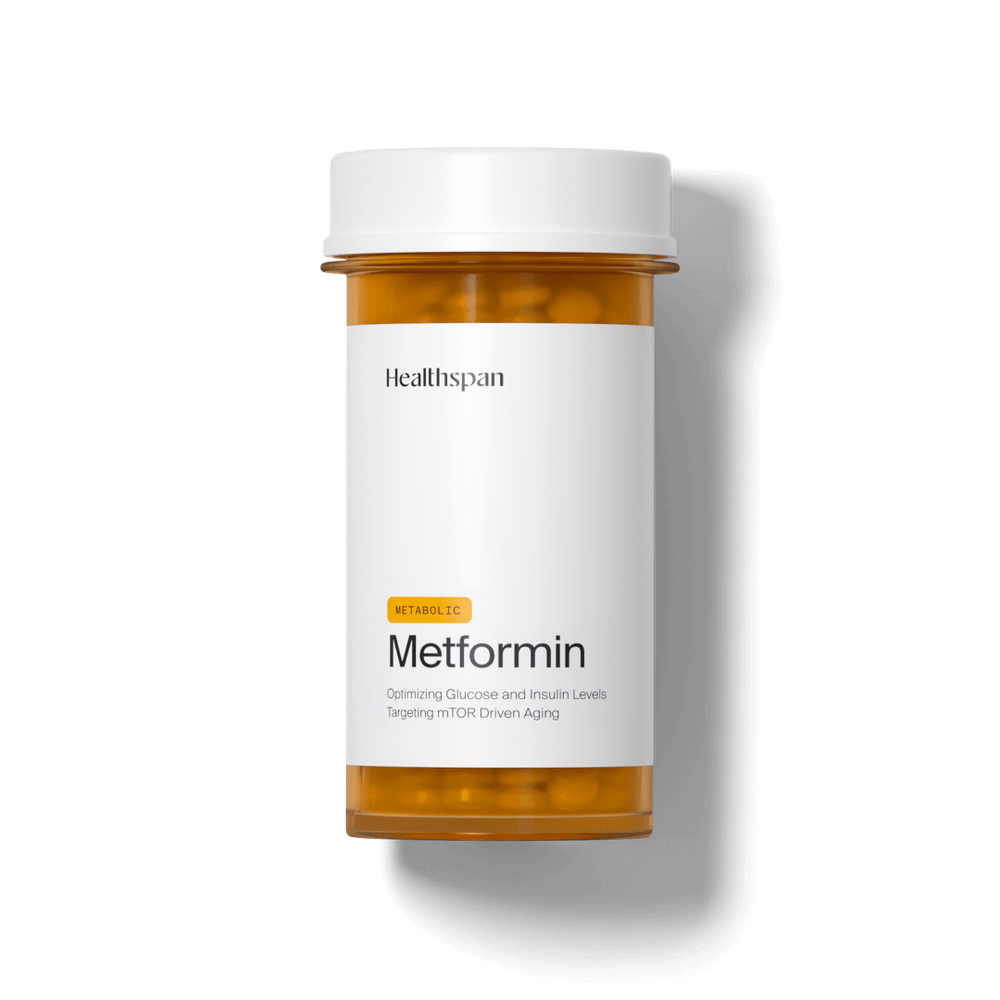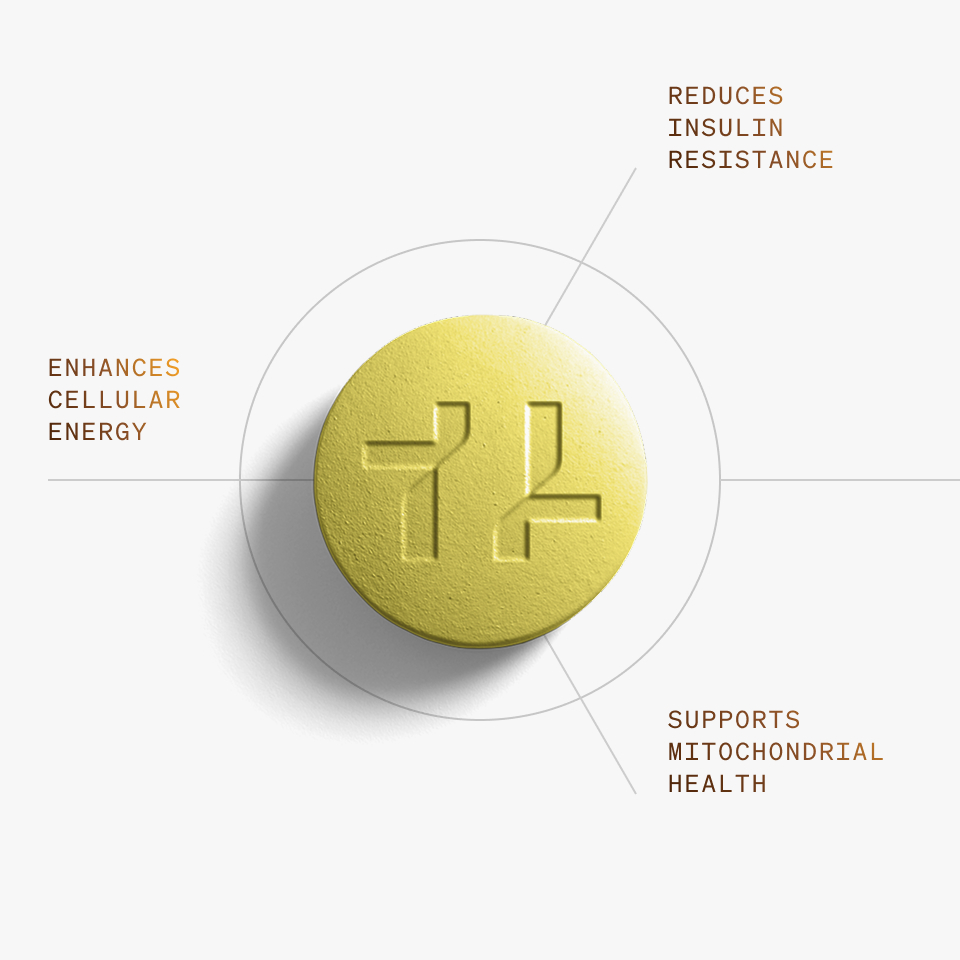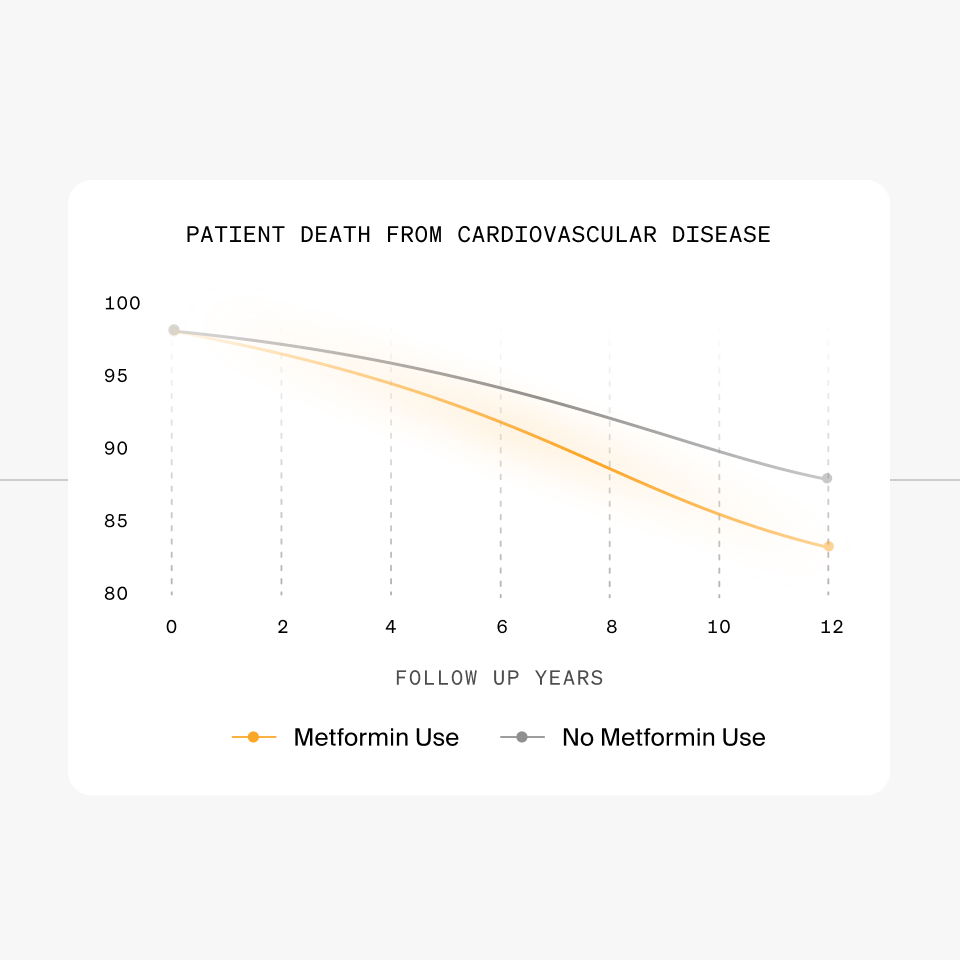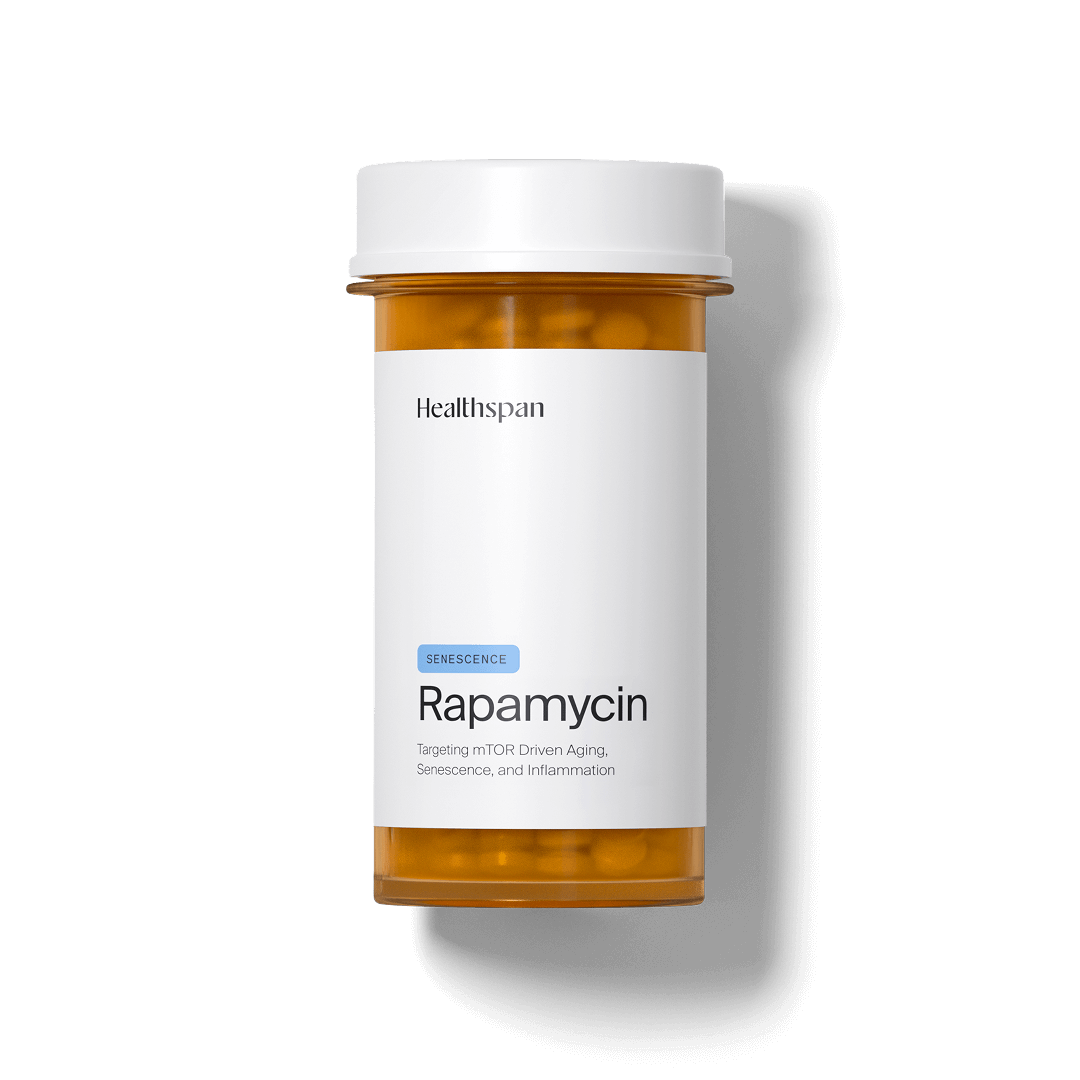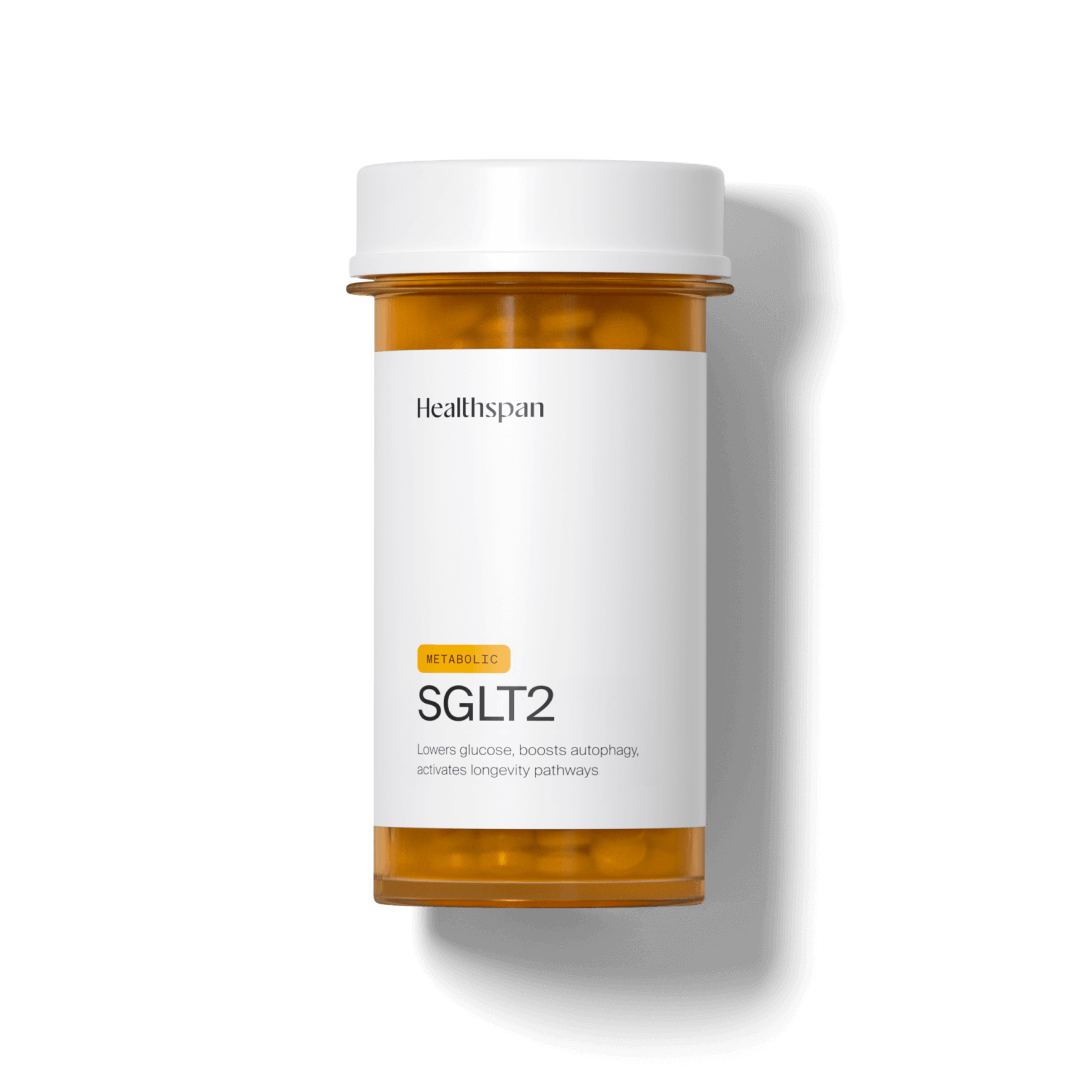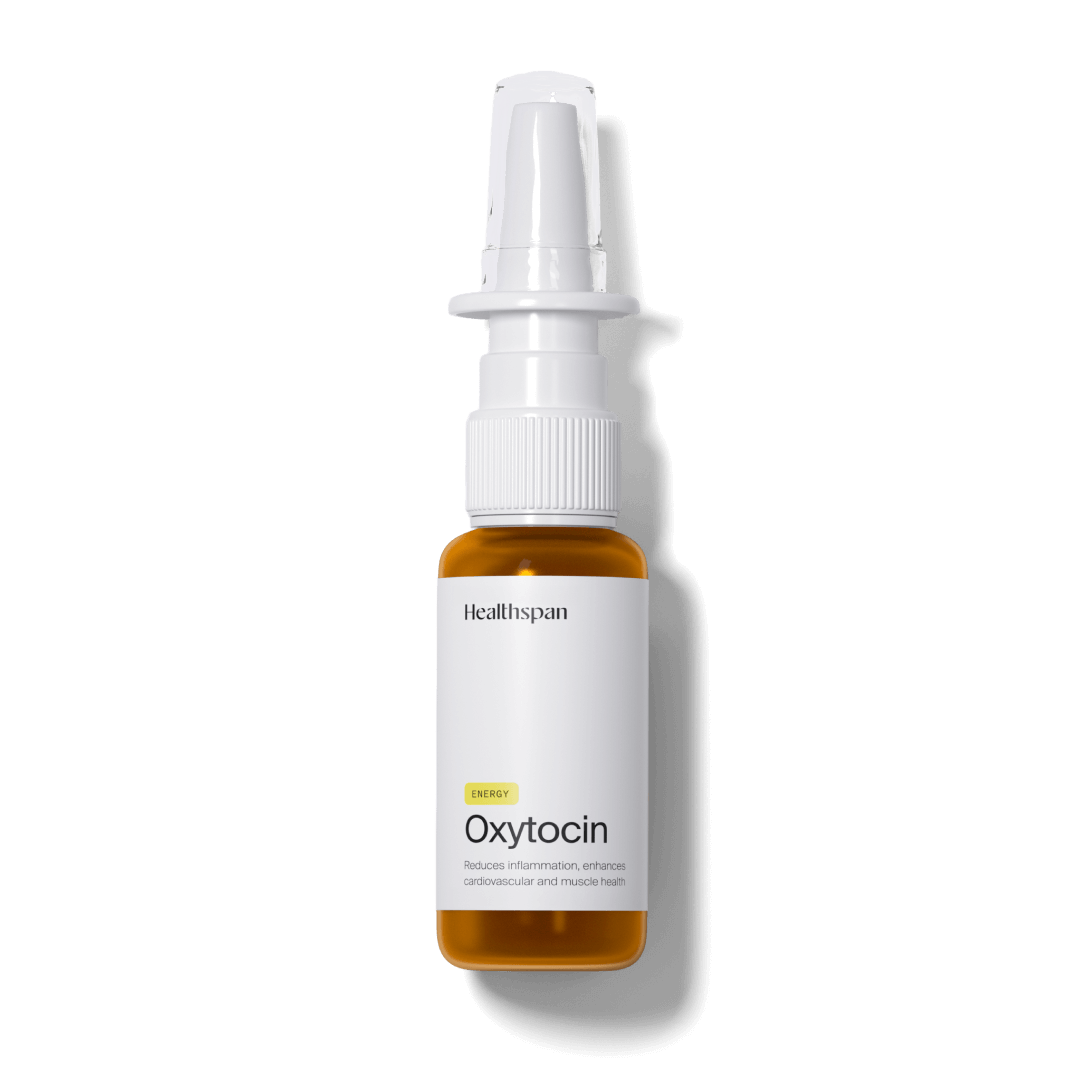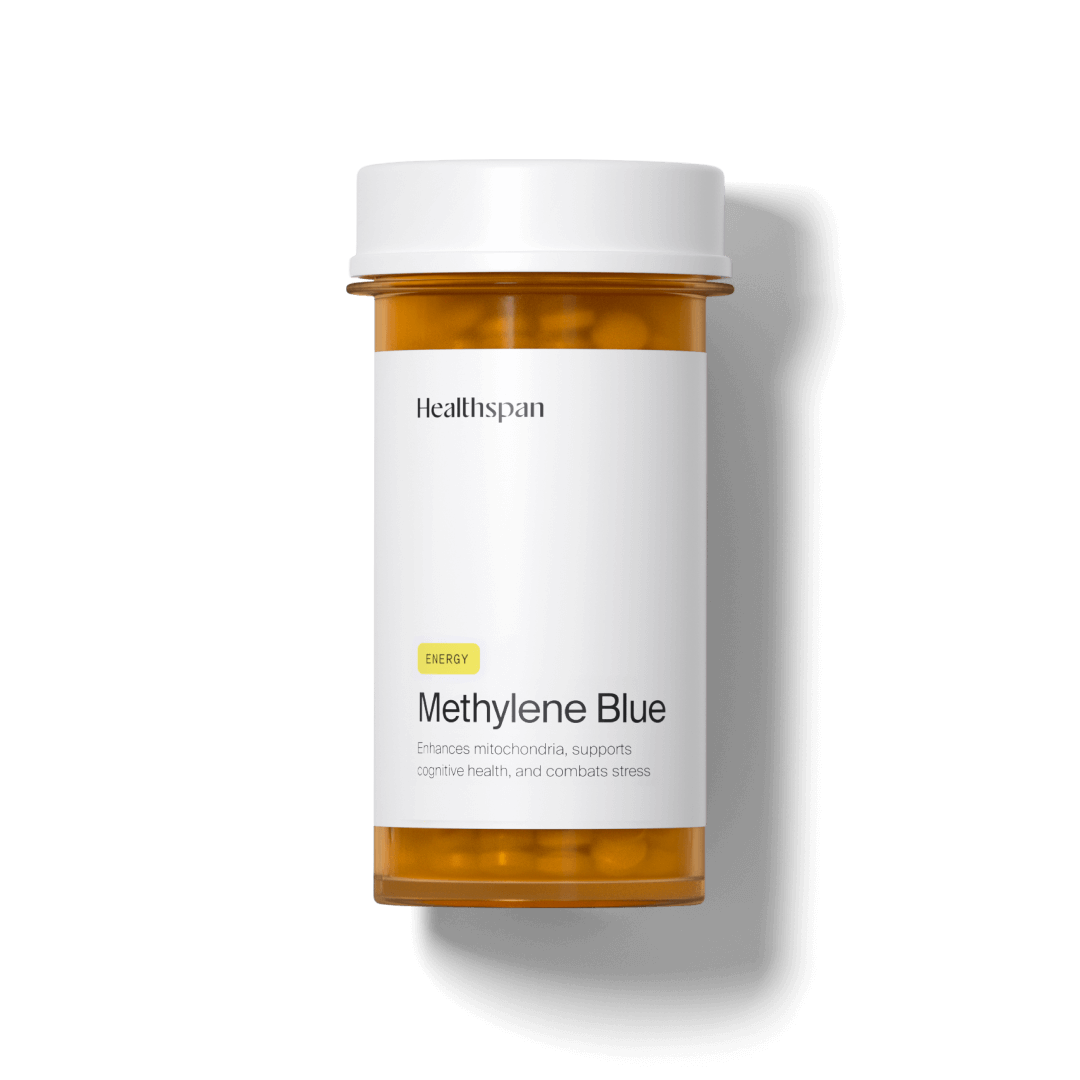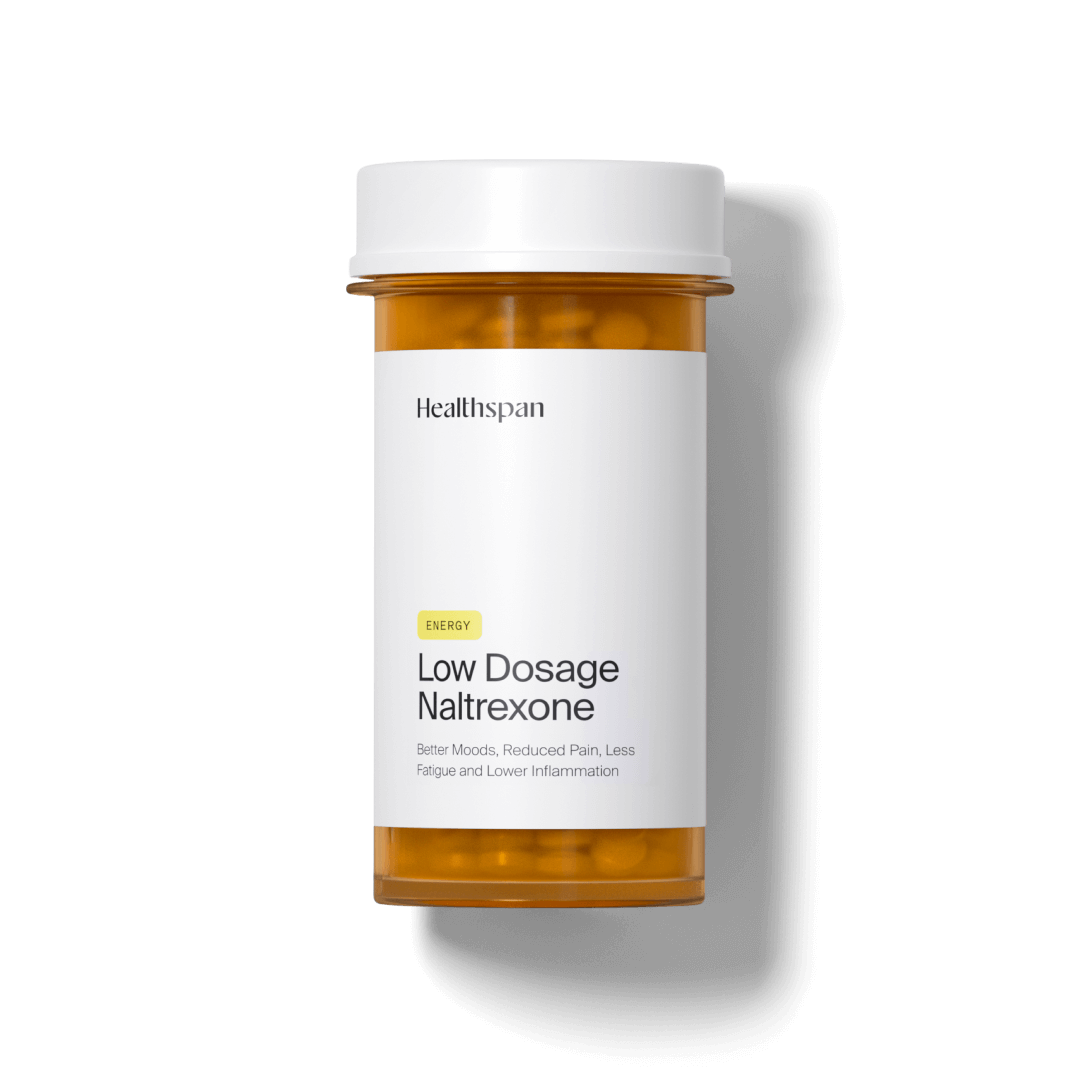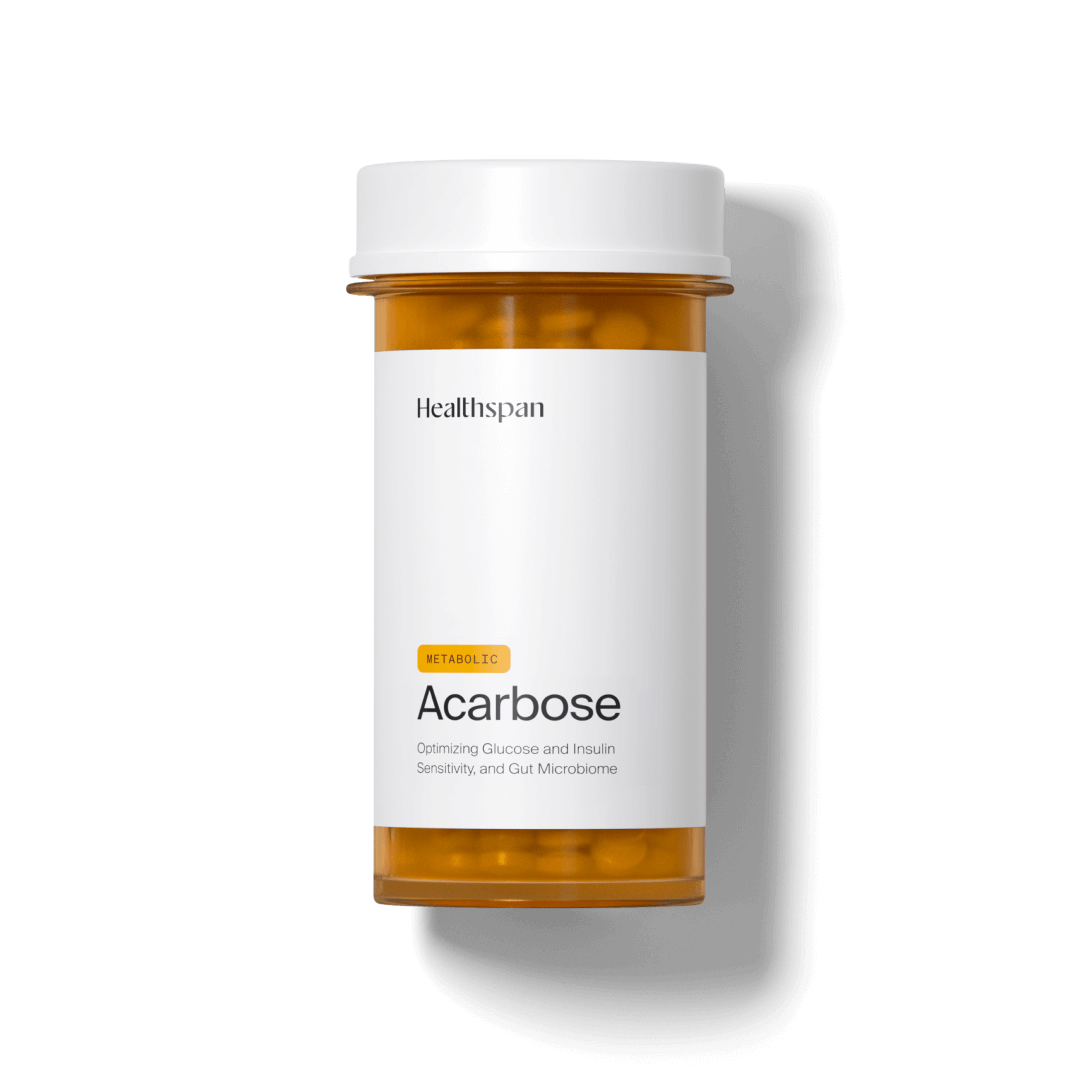Metformin
Metformin improves insulin sensitivity, reduces chronic inflammation, and activates autophagy—helping your body fight aging from the inside out.
Improves glucose regulation and reduces insulin resistance.
Supports fat oxidation, energy production, and reduced cravings.
Activates AMPK and autophagy to clear cellular waste and support healthy longevity.


Restore your metabolic foundation

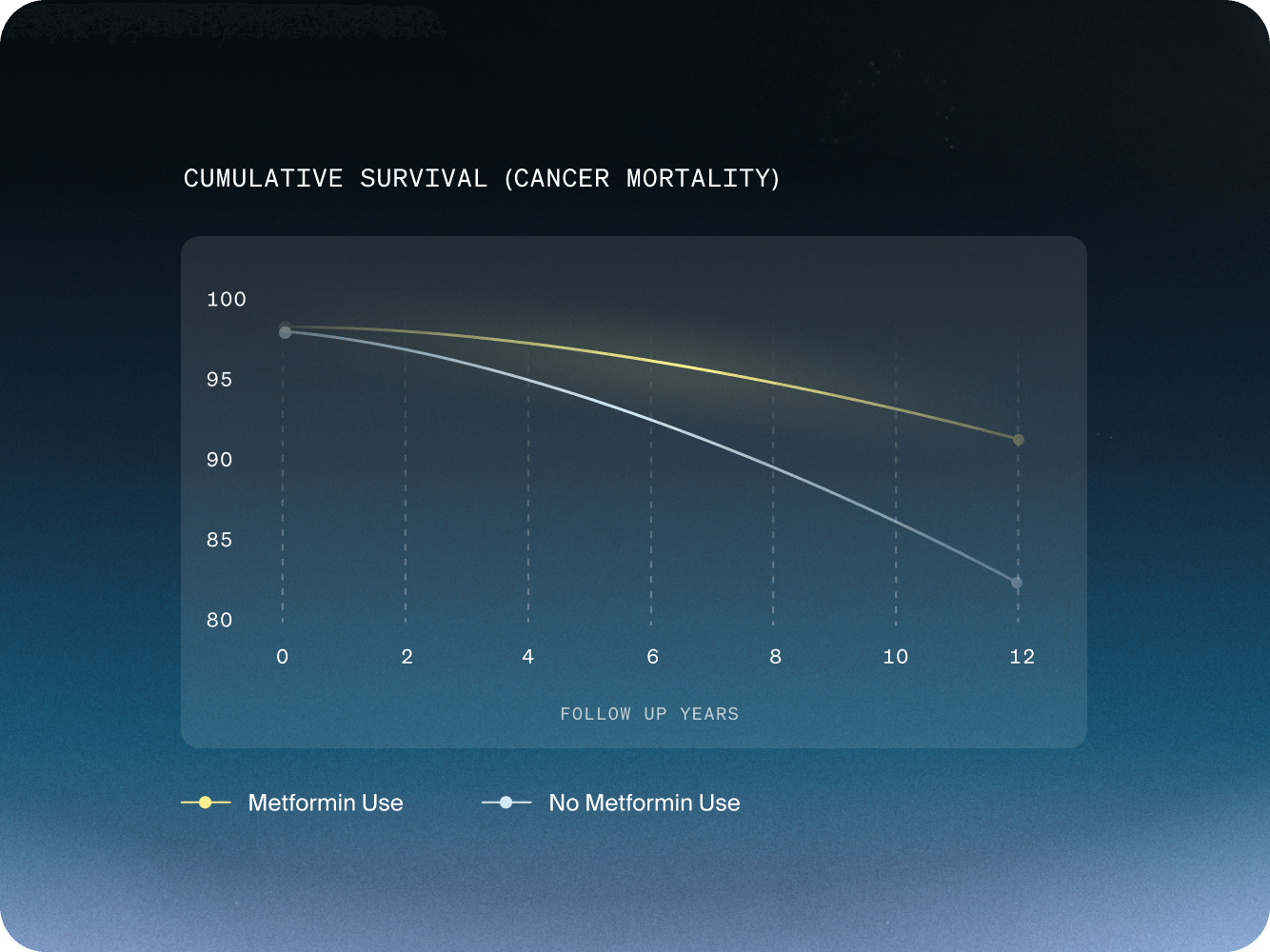
Metformin use is associated with improved survival rates and lower cancer mortality over time.
People using Metformin show a reduced incidence of cancer compared to those who don’t.
Metformin use correlates with fewer deaths from cardiovascular disease over a 12-year follow-up.
Metformin users experience lower rates of Alzheimer’s, dementia, Parkinson’s, and cognitive decline.
Longevity Pathways
To affect longevity, we must understand its pathways

Insulin/IGF-1 Signaling
Metformin enhances insulin sensitivity and reduces IGF-1 activity, preventing overactive growth signaling that leads to abnormal cell proliferation. This improves metabolism and reduces risks of diabetes and cancer.

AMPK Activation
Metformin activates AMPK to manage cellular energy, promoting autophagy for cellular cleanup and reducing inflammation. This enhances energy efficiency, insulin sensitivity, and metabolic health.

mTOR Pathway
Metformin inhibits overactive mTOR signaling to restore youthful cellular balance, preventing unchecked growth that leads to aging, cancer, and metabolic dysfunction.

Autophagy
Metformin boosts the body's cellular cleanup system, breaking down damaged cells and toxic proteins while converting them into energy for healthier cellular function.

Metabolic Regulation
Metformin improves insulin sensitivity and reduces liver glucose production, addressing deregulated nutrient sensing to maintain cellular energy balance and prevent metabolic diseases.

Inflammation
Metformin reduces chronic inflammation, mitigating inflammation-related aging processes and decreasing the risk of age-related diseases.

Cellular Senescence
Metformin impacts cellular senescence by reducing SASP (senescence-associated secretory phenotype), which promotes inflammation and cancer development.

Oxidative Stress
Metformin reduces oxidative damage to DNA, proteins, and lipids by lowering cellular oxidative stress, potentially slowing aging and delaying age-related diseases.

Insulin/IGF-1 Signaling
Metformin enhances insulin sensitivity and reduces IGF-1 activity, preventing overactive growth signaling that leads to abnormal cell proliferation. This improves metabolism and reduces risks of diabetes and cancer.

AMPK Activation
Metformin activates AMPK to manage cellular energy, promoting autophagy for cellular cleanup and reducing inflammation. This enhances energy efficiency, insulin sensitivity, and metabolic health.

mTOR Pathway
Metformin inhibits overactive mTOR signaling to restore youthful cellular balance, preventing unchecked growth that leads to aging, cancer, and metabolic dysfunction.

Autophagy
Metformin boosts the body's cellular cleanup system, breaking down damaged cells and toxic proteins while converting them into energy for healthier cellular function.

Metabolic Regulation
Metformin improves insulin sensitivity and reduces liver glucose production, addressing deregulated nutrient sensing to maintain cellular energy balance and prevent metabolic diseases.

Inflammation
Metformin reduces chronic inflammation, mitigating inflammation-related aging processes and decreasing the risk of age-related diseases.

Cellular Senescence
Metformin impacts cellular senescence by reducing SASP (senescence-associated secretory phenotype), which promotes inflammation and cancer development.

Oxidative Stress
Metformin reduces oxidative damage to DNA, proteins, and lipids by lowering cellular oxidative stress, potentially slowing aging and delaying age-related diseases.

Insulin/IGF-1 Signaling
Metformin enhances insulin sensitivity and reduces IGF-1 activity, preventing overactive growth signaling that leads to abnormal cell proliferation. This improves metabolism and reduces risks of diabetes and cancer.

AMPK Activation
Metformin activates AMPK to manage cellular energy, promoting autophagy for cellular cleanup and reducing inflammation. This enhances energy efficiency, insulin sensitivity, and metabolic health.

mTOR Pathway
Metformin inhibits overactive mTOR signaling to restore youthful cellular balance, preventing unchecked growth that leads to aging, cancer, and metabolic dysfunction.

Autophagy
Metformin boosts the body's cellular cleanup system, breaking down damaged cells and toxic proteins while converting them into energy for healthier cellular function.

Metabolic Regulation
Metformin improves insulin sensitivity and reduces liver glucose production, addressing deregulated nutrient sensing to maintain cellular energy balance and prevent metabolic diseases.

Inflammation
Metformin reduces chronic inflammation, mitigating inflammation-related aging processes and decreasing the risk of age-related diseases.

Cellular Senescence
Metformin impacts cellular senescence by reducing SASP (senescence-associated secretory phenotype), which promotes inflammation and cancer development.

Oxidative Stress
Metformin reduces oxidative damage to DNA, proteins, and lipids by lowering cellular oxidative stress, potentially slowing aging and delaying age-related diseases.

Insulin/IGF-1 Signaling
Metformin enhances insulin sensitivity and reduces IGF-1 activity, preventing overactive growth signaling that leads to abnormal cell proliferation. This improves metabolism and reduces risks of diabetes and cancer.

AMPK Activation
Metformin activates AMPK to manage cellular energy, promoting autophagy for cellular cleanup and reducing inflammation. This enhances energy efficiency, insulin sensitivity, and metabolic health.

mTOR Pathway
Metformin inhibits overactive mTOR signaling to restore youthful cellular balance, preventing unchecked growth that leads to aging, cancer, and metabolic dysfunction.

Autophagy
Metformin boosts the body's cellular cleanup system, breaking down damaged cells and toxic proteins while converting them into energy for healthier cellular function.

Metabolic Regulation
Metformin improves insulin sensitivity and reduces liver glucose production, addressing deregulated nutrient sensing to maintain cellular energy balance and prevent metabolic diseases.

Inflammation
Metformin reduces chronic inflammation, mitigating inflammation-related aging processes and decreasing the risk of age-related diseases.

Cellular Senescence
Metformin impacts cellular senescence by reducing SASP (senescence-associated secretory phenotype), which promotes inflammation and cancer development.

Oxidative Stress
Metformin reduces oxidative damage to DNA, proteins, and lipids by lowering cellular oxidative stress, potentially slowing aging and delaying age-related diseases.
Included with Metformin
Healthspan personalized treatment protocols include professional clinical support on an ongoing basis. With MySpan, you can track your progress in real time—upload photos, record changes, and monitor how your protocol responds to treatment, all in one place.
Healthspan personalized treatment protocols include professional clinical support on an ongoing basis. With MySpan, you can track your progress in real time—upload photos, record changes, and monitor how your protocol responds to treatment, all in one place.
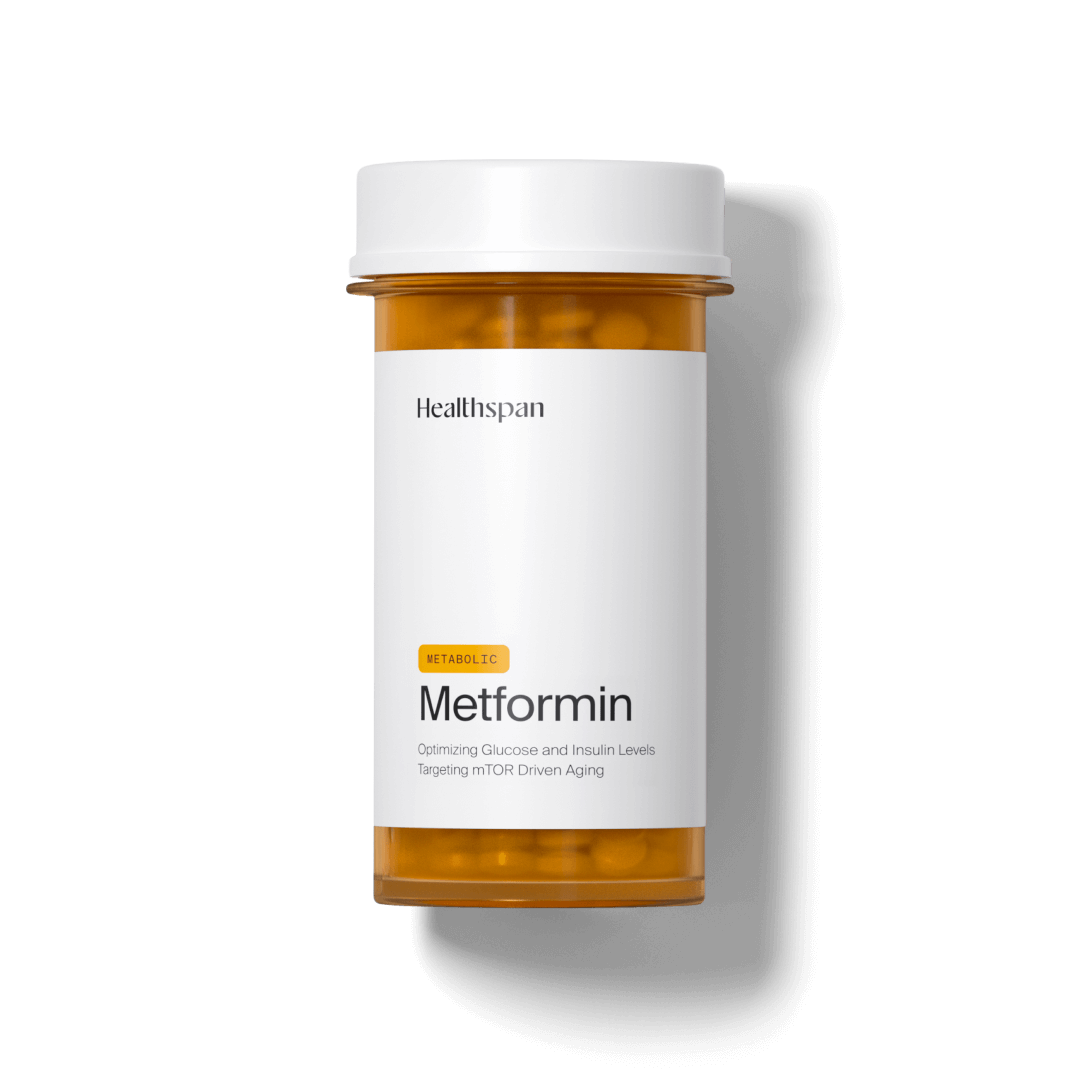

Hear from our patients
OUR TREATMENTS
Reviews
124 reviews
Frequently asked questions
Metformin lowers blood sugar, reduces liver glucose production, and improves insulin sensitivity. It enhances metabolic function, improves overall metabolic health, supports fat oxidation, and reduces inflammation—key for metabolic health and aging.
No. Metformin is widely used off-label to reduce insulin resistance, lower fasting insulin levels, improve metabolic flexibility, and activate longevity pathways—even in non-diabetic individuals.
Metformin activates AMPK, a key energy regulator that promotes autophagy, reduces senescent cells, and mimics the effects of caloric restriction—supporting healthy aging and cellular repair.
Your protocol includes tests for fasting glucose, insulin, hs-CRP (inflammation), cholesterol, kidney function, and more. Optional biological age testing is also available.
Most people notice better glucose control and energy within 2–4 weeks. Fat metabolism, inflammation reduction, and deeper aging biomarkers improve over 3–6 months.
Yes. Metformin has over 60 years of safety data. Healthspan uses personalized low doses and regular lab monitoring to ensure long-term safety and metabolic benefits.
Rarely. Metformin does not increase insulin production, so it usually doesn’t cause hypoglycemia when taken as prescribed.
Yes. Metformin supports fat loss by improving insulin sensitivity and reducing cravings—especially in people with insulin resistance or metabolic dysfunction.
Yes. Metformin stacks well with Rapamycin, Acarbose, and SGLT2 inhibitors. Your clinical team will guide safe, personalized combinations.
Yes. All Healthspan protocols, including Metformin, lab tests, and consultations, qualify for HSA/FSA reimbursement.
Metformin lowers blood sugar, reduces liver glucose production, and improves insulin sensitivity. It enhances metabolic function, improves overall metabolic health, supports fat oxidation, and reduces inflammation—key for metabolic health and aging.
No. Metformin is widely used off-label to reduce insulin resistance, lower fasting insulin levels, improve metabolic flexibility, and activate longevity pathways—even in non-diabetic individuals.
Metformin activates AMPK, a key energy regulator that promotes autophagy, reduces senescent cells, and mimics the effects of caloric restriction—supporting healthy aging and cellular repair.
Your protocol includes tests for fasting glucose, insulin, hs-CRP (inflammation), cholesterol, kidney function, and more. Optional biological age testing is also available.
Most people notice better glucose control and energy within 2–4 weeks. Fat metabolism, inflammation reduction, and deeper aging biomarkers improve over 3–6 months.
Yes. Metformin has over 60 years of safety data. Healthspan uses personalized low doses and regular lab monitoring to ensure long-term safety and metabolic benefits.
Rarely. Metformin does not increase insulin production, so it usually doesn’t cause hypoglycemia when taken as prescribed.
Yes. Metformin supports fat loss by improving insulin sensitivity and reducing cravings—especially in people with insulin resistance or metabolic dysfunction.
Yes. Metformin stacks well with Rapamycin, Acarbose, and SGLT2 inhibitors. Your clinical team will guide safe, personalized combinations.
Yes. All Healthspan protocols, including Metformin, lab tests, and consultations, qualify for HSA/FSA reimbursement.

